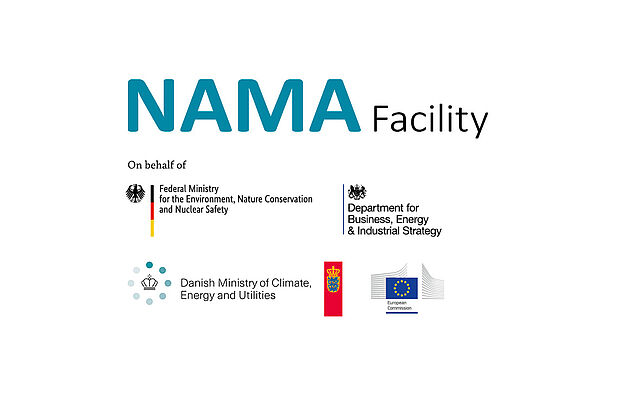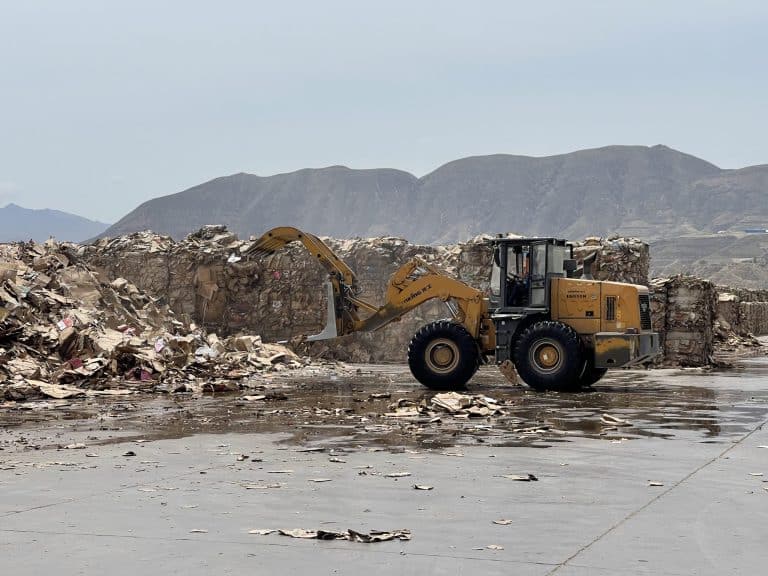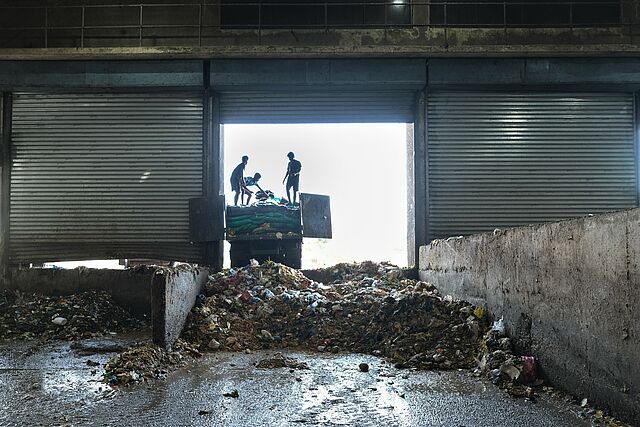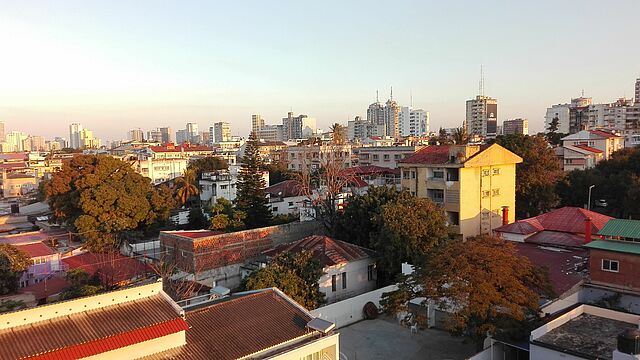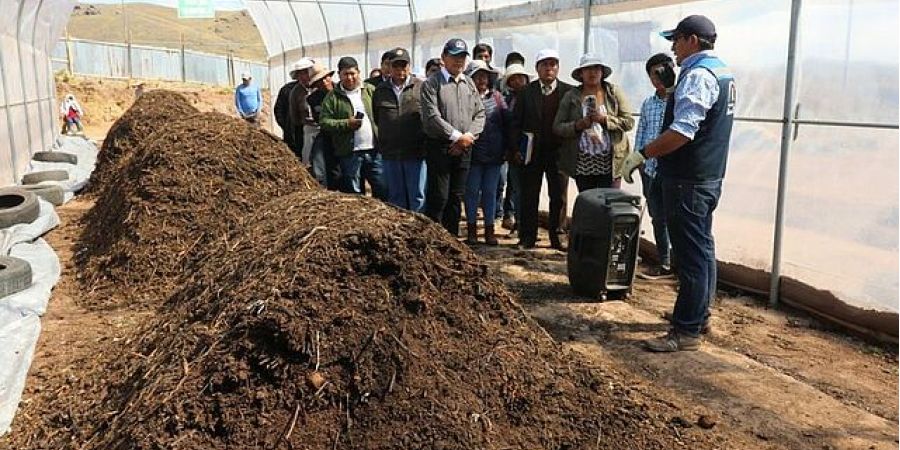
Background: About 99% of urban solid waste in Peru is buried in landfills. 57% of this waste is organic, which decomposes at final disposal sites and emits methane gas into the atmosphere. This corresponds to around 66% of the greenhouse gas (GHG) emissions from the waste sector and represents more than 36% of the country’s methane emissions, which are projected to keep growing. Similarly, most of the industrial organic waste generated in agroindustry, food processing, livestock operations and vegetable and fruit markets is also being disposed of in landfills, with the same result.
Progress towards increased circularity and waste valorisation is currently limited by several barriers: (1) policies and regulations do not effectively prioritise and promote valorisation of organic waste; (2) there is a lack of experience and knowledge about organic waste treatment technologies in both the public and private sector; and (3) a lack of specific financial instruments that could attract project developers.
Approach to Transformational Change: To overcome the barriers in the waste sector, the project “Organic Waste Management in Peru: Accelerating Progress Towards a Circular and Carbon-Neutral Waste Sector” has the overarching goal to accelerate the implementation of organic waste treatment projects and landfill gas capture. It intends to reach this goal by, firstly, promoting policy reforms that can improve waste tariff collection schemes, facilitate the implementation of source separation, streamline the permitting processes and develop a long-term national organic waste strategy with concrete targets and measures. The second activity will involve increasing local capacities with the help of outreach and awareness campaigns and develop capacities regarding technical and financial implementing schemes for organic waste treatment technologies among public and private actors. The third activity involves setting up financial instruments that support the private sector to invest in mitigation technologies in the waste sector, including concessional loans, a subsidy and guarantees through a Financing Support Facility (FSF).
It is expected that the project will directly support the development of a portfolio of approximately 22 projects. These include one clean electricity-generating landfill gas capture project, six anaerobic digestion projects, and 15 composting projects. Additionally, the project will create a portfolio of 40 projects with pre-feasibility studies in order to increase replicability of the project’s model, and to attract further investment. In doing so, the project will contribute to Peru’s NDC, and providing important sustainable development co-benefits in the context of Covid-19 recovery, such as reduced pollution, social inclusion and green job creation. Peru’s NDC considers the waste sector a priority, and this project will directly support all the measures included therein.
Mitigation potential: With the proposed activities, the project will support Peru’s transition from a linear organic waste management paradigm towards a circular one. It will achieve this by increasing the incorporation of treatments such as composting and anaerobic digestion that reduce environmental impacts, limiting emissions and prolonging the life of existing landfills. The project will also reduce substantive methane emissions by promoting landfill gas-to-energy technologies and mitigate the consequences of not diverting organic waste up to now. Over the course of its implementation, the project thereby expects to reduce around 1 million tCO2e.

